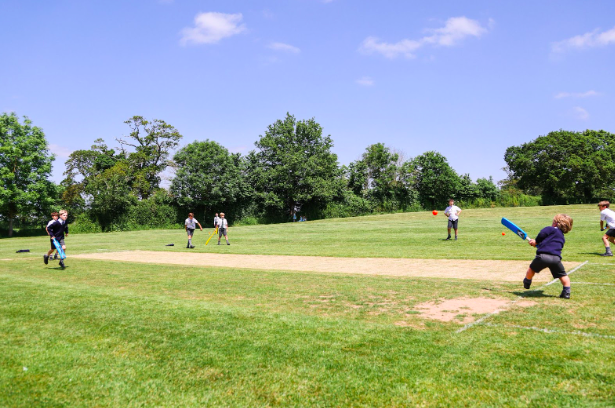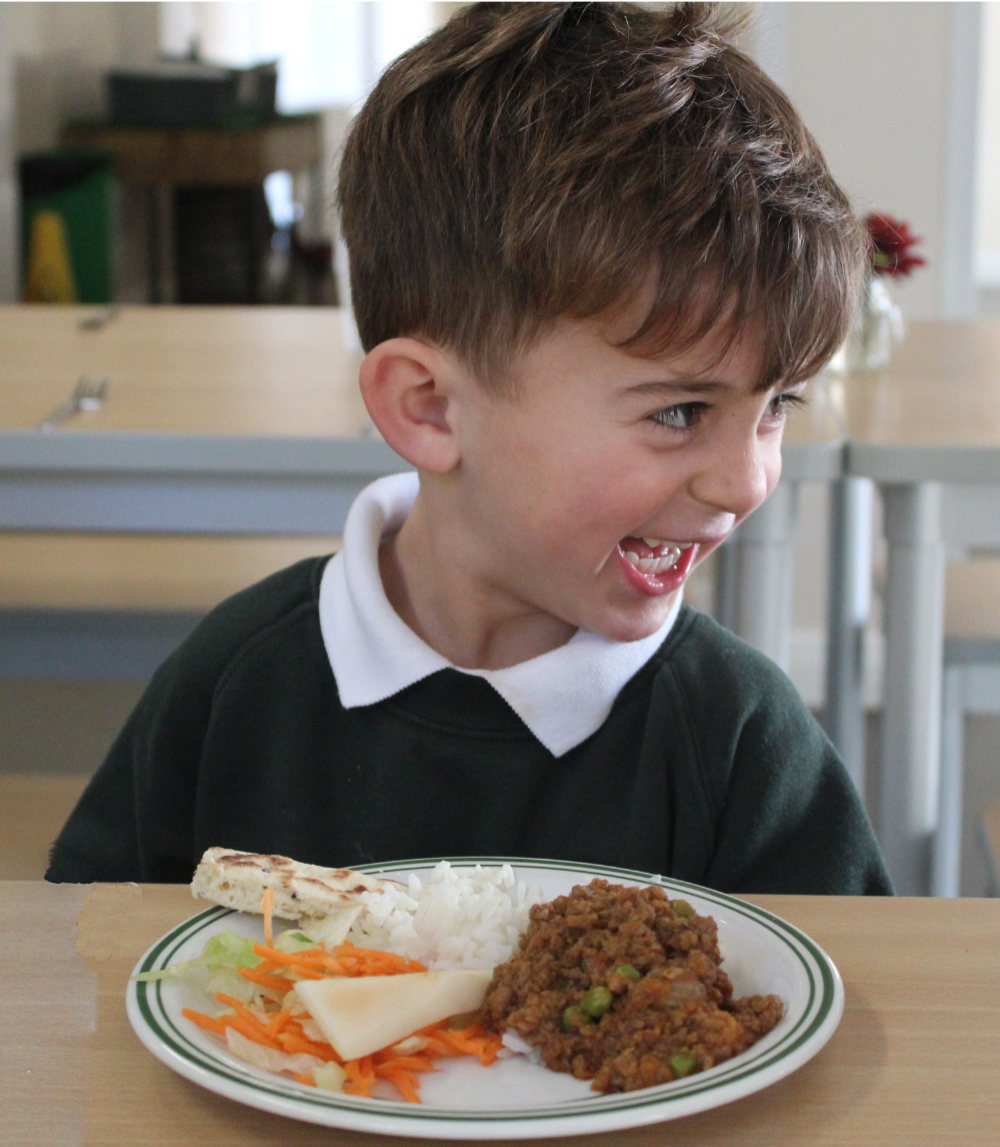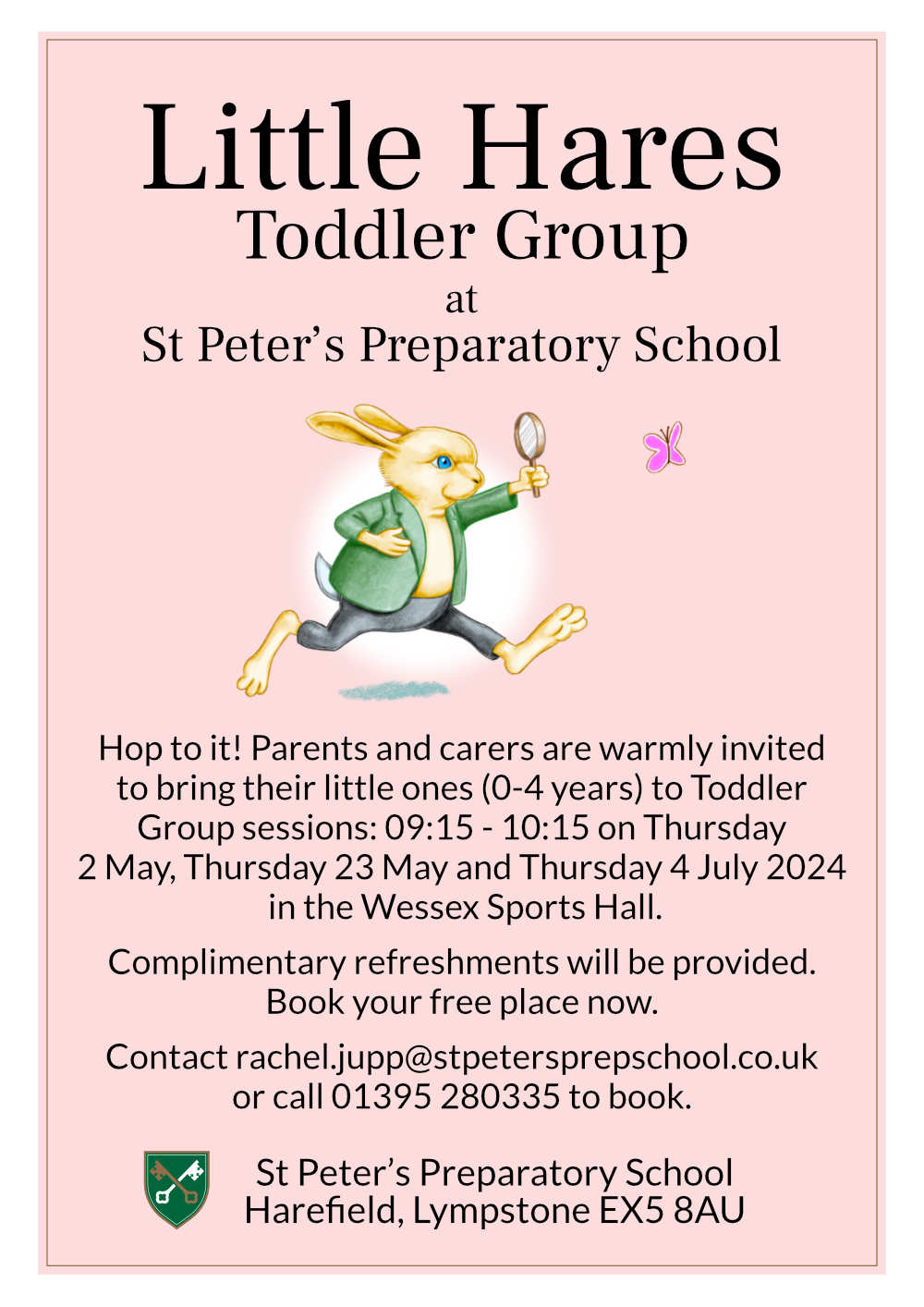 Beach school was introduced into our curriculum back in 2015. The ‘brainwave’ of Beach School and its benefits for our children came from our very own Mrs Sarah Brenton.
Beach school was introduced into our curriculum back in 2015. The ‘brainwave’ of Beach School and its benefits for our children came from our very own Mrs Sarah Brenton.
After researching the topic and looking into beach options local to us, Mrs Brenton then set to work to plan and resource a structured 10-week programme of learning in preparation for the ‘Beach School’ launch. This has now developed into two units of work. The whole of the Early Years staff team have all played their part in developing the Beach School we currently have in place. It is BRILLIANT – thank you to everyone’s work – especially Mrs Brenton being the driving force.
Mrs Brenton was not prepared to take no for an answer. She told me; “Lucy, we live so close to the sea and there is so much learning there for us to do. I cannot see why we cannot go there every single week (or more).”
I questioned her further, replying – “But it’s the curriculum time, can we spare the time in our curriculum? We already have a vast outdoor programme – including a forest school programme and a wild woods scheme that is running successfully. Do we need more? We have to get these children competent and confident within their 3 R’s. It’s so complicated with staffing ratios and transport numbers and the risk assessments – oh no, the risk assessments …. oh my … what if the children need the toilet down at the beach – that will have to go in the risk assessment!”
 Then the whole Pre-Prep team then got involved with persuading me: “We should find the time and invest the time and forget about the logistics – we can find the answers to those.”
Then the whole Pre-Prep team then got involved with persuading me: “We should find the time and invest the time and forget about the logistics – we can find the answers to those.”
Well, we did find the time.
We did meet the challenges of the logistics.
And as always… the kids come first here.
Suddenly, with a finality (one that means, don’t argue with the St Peter’s staff team over this topic) – that was it – Beach School was full steam ahead.
 Beach School is embedded now and occurring once a week, we are aiming for it to be increased to twice a week. We then also decided to throw a few ‘beach school style’ activities for our older pupils, such as photography at the beach and our infamous running club who keep popping up on beaches all around East Devon! Remember: Time spent at the beach is never wasted.
Beach School is embedded now and occurring once a week, we are aiming for it to be increased to twice a week. We then also decided to throw a few ‘beach school style’ activities for our older pupils, such as photography at the beach and our infamous running club who keep popping up on beaches all around East Devon! Remember: Time spent at the beach is never wasted.
Each Beach School session begins in the same way and ends in the same way. What you could call a ‘beach routine’. As well as a weekly safe boundaries/rules discussion there is also an explanation of what children will be doing within the session and why. Observations are carried out during the session which is carefully planned to stretch, challenge and support each individual child. Each session ends with circle time, reflection and self-assessment.
Beach Schools are a way of giving children in their early years the opportunity to learn and develop in a natural environment, sparking their intrinsic motivations to explore, create and be curious about the world around them. Beach Schools provide an opportunity for holistic development for young children, giving them good foundations for the rest of their life.
Here is a list of benefits and learning intentions we hold dear within our Beach School programme of learning:
- Raises self-confidence and self-awareness
- Explores new toys and environments
- Demonstrates a sense of self as an individual
- Expresses own preferences and interests
- Can select and use activities and resources with help
- Shows confidence in asking adults for help
- Confident to speak to others about interests and opinions
- Recognises and responds to familiar sounds
- Developing an understanding of simple concepts
- Able to follow directions
- Shows understanding of prepositions (under, on, top)
- Maintains attention, concentrates
- Responds to instructions
- Notices detailed features of objects in their environment
- Comments and asks questions about the natural world
- Can talk about things they have observed. Such as natural and found objects
- Talks about why things happen
- Developing an understanding of changes overtime
- Looks closely at similarities, differences and change
- They make observations and can explain why some things occur and talk about changes
L.Ball, Deputy head of Teaching & Learning









